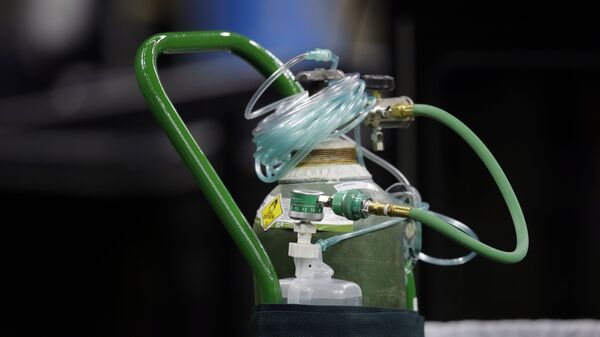Linda Daniels, 68, died of congestive heart failure after utility company Public Service Enterprise Group (PSEG) cut service to her home. The temperature in Newark, New Jersey, where she lived, was as high as 90 degrees Fahrenheit that day.
"We put one ice pack by her side and one on the other side. We were fanning her. It was so hot in here, she couldn't breathe — it was unbearable," Desiree, the woman's daughter, told ABC6.
Her main oxygen tank was powered by a wall plugin, so when the power was cut the family used a smaller reserve, but once that gave out, they had to call paramedics to bring a portable tank. While waiting for the paramedics to arrive, the family begged the utility company to turn her service back on. They refused because she was behind $1,800 on payments even though Daniels had been steadily paying it off: $300 in April, a later payment was $450, and two days before she died, $500.
"One rep told me to stop calling, that there were too many tickets in the system," Desiree said. "PSEG said 'Oh, we're on our way,' kept telling us that, but no one showed up."
The company said in a statement to the media that "Because there was no response from the customer, the customer was shut off. They had not notified us of any medical circumstances in the home."
Power was restored at Daniels' home the day after her death.
Newark police say they are investigating and the company says it is reviewing its records.
Desiree plans to seek legal help to get recourse from the company but for now is focused on funeral preparations.
The NAACP says Daniels' death was a human rights violation. In an April 2017 report highlighting many stories similar to Daniels', the civil rights group called for the "establishment of a universal right to uninterrupted energy service."
In the cases highlighted, the cutting of service to disadvantaged people has lead to horrible tragedies: families dying from carbon monoxide poisoning after a generator was used to power a home, children burning in fires started by candles used for light, instances of hypothermia, heat exhaustion and more.




